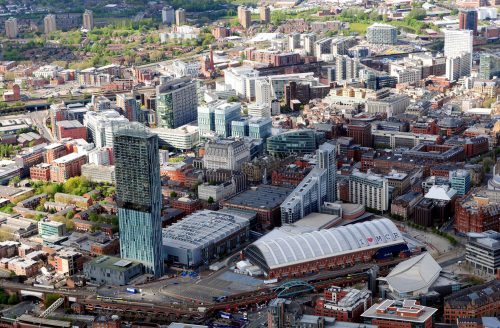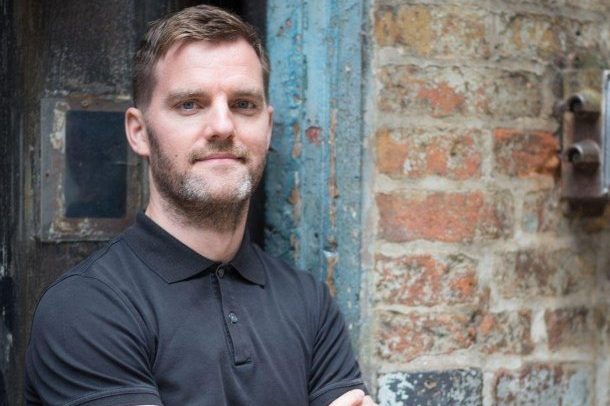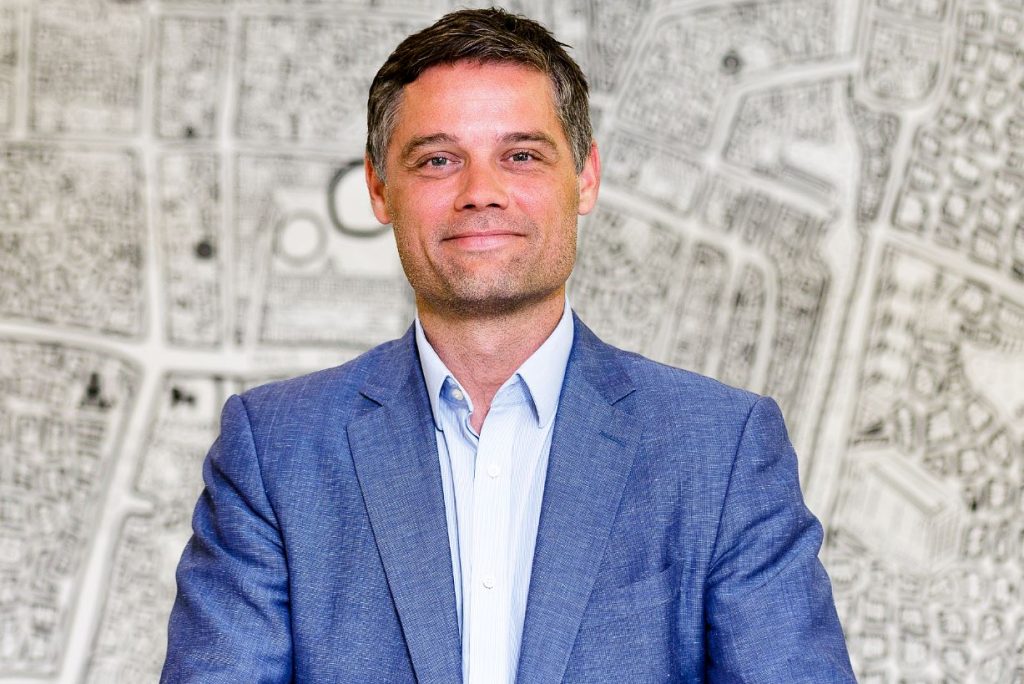Property focus: Manchester is now competing on an international stage

TheBusinessDesk.com is running a series of articles examining the property market in the region.
And as part of week we held a roundtable event with our partners Freeths at the firm’s offices in the centre of Manchester.
The event was attended by property professionals, developers and business leaders.
Those taking part in the discussion included:
Lucie Barnes Lancashire and Cumbria Women in Property
Tim Heatley Capital and Centric
Nicola Rigby Avison Young
Ed Britton Deloitte Real Estate
Michael Howard Urban Bubble
Dominic Pozzini Colliers
Gavin Taylor Far East Consortium
Phil Mayall Muse
Jason Alexander Vale and Valey Homes
Daniel Moon Williamson Croft
Laura Mashite Refresh
Matt Sorrigan Casey Group
Bob Fletcher Fletcher Rae architects
James Heather U + I
James Onions Paragon
Luke Hopkins Freeths
The conversation opened with the issue of the of the current state of the market in the North West.
Tim Heatley

Tim Heatley
We have got a good spread of schemes geographically we are not just focussed on Manchester. For me the opportunities are also starting to arise outside the city cores, we are starting to look at schemes in the suburbs.
I am really excited about the schemes that are taking place in the Rochdales, Oldhams and Stockports.
Those kind of areas are definitely the kind of places developers are going to start looking at in terms of opportunities.
Michael Howard

Michael Howard
In terms of a residential point of view we have 6,000 homes in the city centre and we have 1,500 homes in Liverpool.
I think the stark difference is there is a very different occupier in Liverpool city centre in comparison to the ones in Manchester. In Liverpool it is mostly studios and flats and the vast proportion of people who live in the city centre tend to work for the NHS or are students.
Here in Manchester we seem to have a much more established professional sector resident within the city centre.
Here in Manchester we have to develop a certain amount of two bed properties which can be a problem for us. In Liverpool there is much more freedom in what we can develop.
Because the professional scene is much more developed in Manchester people are able to afford a much higher level of rent. We are seeing rents being pushed to £1,400, £1,500 and £1,600 a month. This level of rent is affordable for people.
Gavin Taylor
More corporates are looking at the regions to relocate and the reasons are infrastructure, employability and the student population as well as affordability.
Manchester is coming out of top in all these areas. I think Manchester is top of the cycle and we have never been in such a strong place.
Nicola Rigby

Nicola Rigby
The picture is wider than that, if you look at Manchester in terms of projected sales and rent. It has been the highest in the country for a number of years but the picture is very much a mixed bag, it is not spread evenly.
One of the issues the towns have been grappling with is their own centres. We have so many town centres across Greater Manchester and Merseyside. There is a natural process of how we can regenerate our town centres taking place.
At the moment that is residential led. There is a recognition of the importance of residential development to support the growth of the centre and to support service provision. There is an inevitable shift in the market.
There has been shift and the towns are not all trying to be the second centre of Manchester, they understand the need to be something different and to offer something different.
Michael Howard
We have to research every city we go into, at the moment we are going into 19 new cities. We have bolted on a research arm and we carry out very detailed research.
The one thing that really compels about Manchester is the significant re-urbanisation of the city. There is a huge shift of people moving from the boroughs into the city and that is probably led a little bit by students.
It is really is quite stark, the city is becoming more urbanised and more dense. One of my issues is how can we bring in that labour pool who are not in the city who supply services and support in the city centre.
That is one of the key issues for us, we are finding it difficult to retain people who work in the city.
Tim Heatley
The cities of the North West are now competing on an international level rather than a regional or a national level.
We need to be thinking how do we compare to Berlin or Paris? Millennials are about to turn 40 this year and they are the best informed, best travelled, most independent generation that has ever existed.
We are now able to decide to live and work wherever we want to, we have never had that kind of freedom before.
The decision about where people want to live is far more complicated. People want to know what the business eco-system like, what’s the start up rate of businesses. People want to know how good transport is and hoe open and liberal a city is.
People will want to know how LGTB friendly somewhere is and how immigrant friendly is, what the arts and culture scene is like. There is a huge mixture of different things to take into account.
Manchester seems to score really high on all of those criteria. All of those things act as a huge beacon to drag a much more international consumer base into a city.
That is why it is so important to view ourselves as acting on an international rather than a regional stage.
We should always have that in mind when we do any kind of development or planning. Manchester is up there in the top ten world cities right now in terms of attracting Millennials to come and live and to bring up a family.
James Heather

James Heather
When we first got involved in Mayfield two years ago I think about four per cent of the city knew where it was and now it is more like forty per cent. That has come about because we have worked with people like Grub and the Manchester International Festival to bring people down to the site.
We have got Manchester Pride coming and all of that kind of thing is about bringing people into the estate and making people more aware of it. You have to go out and make people aware of what you are doing.
Manchester is in a very interesting place at the moment, where the residential offer has driven a huge amount of homes being delivered but they are all at a certain price point and are aimed at a certain demographic.
The opportunity for the city is to broaden that demographic. There is nowhere for people to grow up and for families to live and to work and to play and for the older generation.









